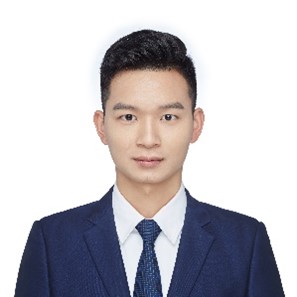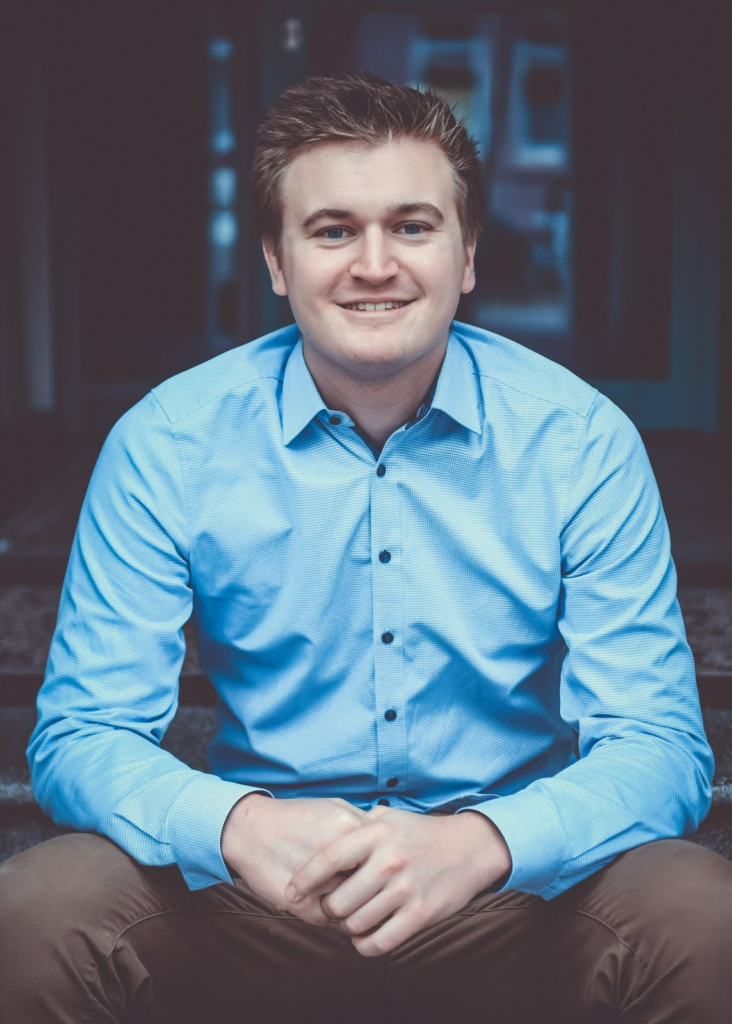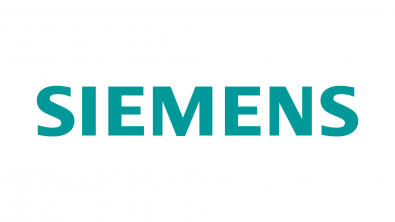Winners of the Second Round Tecnomatix Plant Simulation Challenge

Plant Simulation
The Tecnomatix Plant Simulation Challenge is a Siemens supported competition that welcomes participants from diverse professional backgrounds to demonstrate their skills in the field of simulation and digital twin technology. The challenge requires participants to develop sophisticated simulation models that optimize manufacturing processes and enhance production efficiency, based on real-world scenarios. This competition serves as an excellent opportunity for participants to showcase their problem-solving abilities, creativity, and technical expertise in utilizing the advanced features of the Plant Simulation software from Siemens. By participating in this challenge, individuals gain practical experience and acquire new skills that can significantly benefit their career growth. The Siemens Plant Simulation Challenge represents a unique opportunity for professionals to leverage their knowledge and make meaningful contributions to the industry.
1st place: Yongbing Feng

About Yongbing Feng
Yongbing Feng is currently pursuing a doctoral degree in mechanical engineering in the Faculty of Materials and Manufacturing of Beijing University of Technology. Yongbing’s current research interests focus on Model-based Systems Engineering (MBSE), Digital Twin (DT) and Robotics, and advancing the application of these technologies in the special field of agriculture.
Motivations to participate in the challenge
There are three main reasons motivating Yongbing to participate in this challenge. Firstly, there is a need to use this software. Yongbing once participated in a three-month summer training program organized by a Siemens channel partner and came into contact with the Tecnomatix Plant Simulation software. The reason why this technology fascinates Yongbing is that it can just solve the problems encountered at that time. He discussed and determined the research direction with their tutor proactively after training and applied the technology to the logistics and layout planning of an automated greenhouse designed by their research group.
Secondly, Yongbing is interested in learning this software well. If the experiment in the research subject opened a window for Yongbing, then the internship experience in Siemens opened a door for them. Yongbing got a Part-Time Assistant (PTA) opportunity from Siemens Advanta. By active practice in specific business projects, including ZTE, CR Gosun, and other famous enterprises, Yongbing was very impressed with the mission to enable clients to unlock the digital future with the Siemens ecosystem. Therefore, they often actively master the software skills of Siemens.
Last but not least, Yongbing was attracted by the real task topics in this challenge. Rather than learning knowledge loosely, he thinks it’s better to exercise in practical tasks. These live industry tasks are fun and challenging, so he feels a sense of accomplishment when they do them. Of course, they also think such challenges will benefit their career development.
Benefits of participating in Plant Simulation
Yongbing believes there are three main benefits of Plant Simulation. Firstly, the software has flexible switching between two- and three-dimensional models in terms of modeling. At the same time, its three-dimensional visualization effect is being further enhanced, which makes factory simulation more expressive. Secondly, the software has a convenient SimTalk language support in the aspect of simulation control logic. SimTalk is a completely object-oriented programming language, which is compatible with Method object and Variable object in the software, and can satisfy the simulation of complex production system logic. At last, the software has rich interfaces to support virtual commissioning or digital twin. Through these specialized interfaces and integration capabilities, users can establish information channels between Plant Simulation and external database systems. Thereby achieving information integration between the simulation model and the database system. The above benefits are conducive to the realization of digital twin workshops.
Dealing with challenges
Yongbing faced a special challenge in the process of solving the challenges. When Yongbing wanted to display the assembly process of electric motors more visually in three dimensions, they lacked intuitive concepts related to the production process of the motor due to their lack of industry experience. Therefore, he had to watch relevant video introductions on the internet to deepen their understanding of the production process. Finally, they divided the motor into three parts and roughly displayed a simple assembly situation in the simulation model.
2nd place: Alexander Schwaighofer

Alexander Schwaighofer, a recent graduate from Bochum University of Applied Sciences, obtained a Bachelor of Engineering in Mechatronics & IT in January of this year. In preparation for his final bachelor exam, Schwaighofer chose to utilize simulation software due to the complexity of the task at hand. He worked in partnership with Gerresheimer Essen GmbH during this period, and it was through this collaboration that he became familiar with Plant Simulation, which was already being used by another facility of the company. He stumbled upon the Siemens challenges by chance, but after learning the basics, he found that the tasks were not overly difficult, prompting him to participate. In addition to Plant Simulation, he also experimented with Anycubic and Emulate3D software. Although Emulate3D has some advantages, he found that Plant Simulation prevailed due to its logical structure and intuitive interface, once he had a solid understanding of it.
3rd place: Kester Duckert

Kester Duckert recently graduated from Aalborg University in June 2022, receiving a Masters degree in Operations and Supply Chain Management. During his studies, he discovered a passion for challenging tasks and found that he enjoyed working with Tecnomatix. He found the software to be highly useful for capacity planning, bottleneck analysis, and production planning, especially when dealing with a high level of process variability. Through his experience with Tecnomatix, Duckert has developed a strong interest in process optimization and aims to continue exploring new ways to improve production processes.
Congratulations again to the winners of the Tecnomatix Plant Simulation Challenge! We are thrilled to announce Yongbing Feng as the first-place winner, Alexander Schwaighofer as the second-place winner, and Kester Duckert as the third-place winner. We believe that your success will motivate others to explore the potential of simulation technology in the industry.


